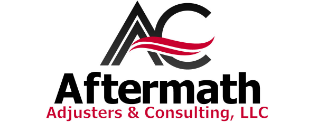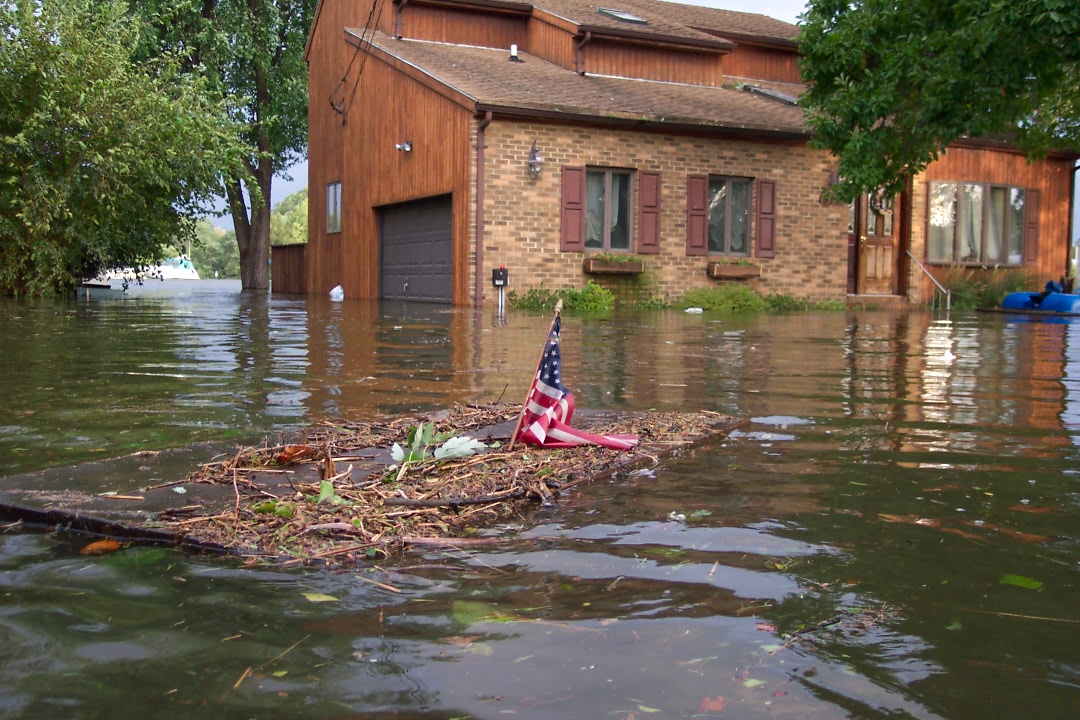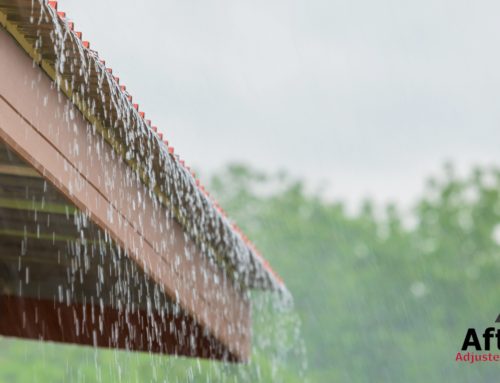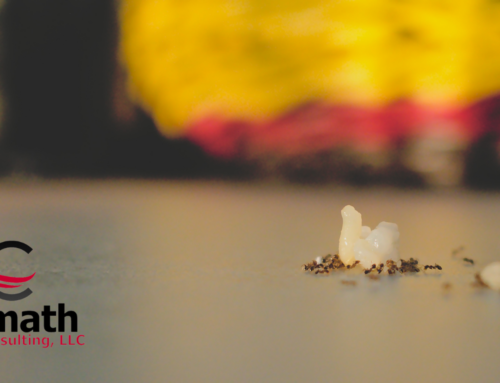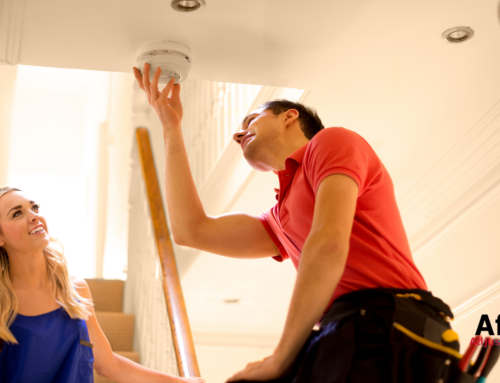Most homeowners are worried about fire more than anything else. However, your home is ten times more likely to be damaged by water than fire. Major sources of water damage to your property can come from flooding from:
- Heavy rain
- Flash floods
- Dam and levee failures
- Tidal storm surges
- Mudflows
- Snowmelt
New construction of buildings, roads, or bridges can also alter the flow of water. This increases the potential for flooding. Your home is more likely to experience flooding if you live in a high-risk zone. Being outside a high-risk zone, however, doesn’t mean flooding isn’t possible.
There are quite a few things you can do to minimize and, possibly, prevent water damage to your home. Help prepare and recover from potentially costly flood damage by following these flood damage prevention tips.
Flood Damage Prevention: Before the Flood
- You need to know the flood zone risk of your home.
- Once you know your risk you can figure out item placements. Keep your important home equipment and appliances above the expected flood levels of your area.
- Check your sump pumps and drains. They need to operate properly. You should also test its back up batteries. An electrician can hook your sump pump to your generator so it can operate during a power outage.
- You should have a plumber install an interior or exterior backflow prevention valve. This can help prevent sewage backup.
- You might consider keeping emergency building materials if you live in a flood-prone area. These may include:
- Plywood
- Plastic sheeting
- Lumber
- Nails
- Shovels
- Sandbags
- Sandbags can help divert high water away from your foundation. They are good to have on hand in case of flooding.
- In snowy climates, snow plows can cause drains to be blocked or plowed over. Flagging your drains will help avoid this problem.
- Plan and practice an evacuation route with your family. Go over how to shut off utilities with your family. Learn the flood alert signals of your community. Have a designated a place for family members to meet if they become separated. This plan should include having a survival kit:
- Important documents
- Insurance documents
- Medications
- Other critical items
Flood Damage Prevention: During the Flood
Pay attention to alerts for the latest storm information. You can get them through radio, television or text. Be sure to keep your smartphone charged, in case you lose power, so you can still receive alerts or call for help.
Shut off all utilities and evacuate immediately if you are advised to evacuate. Move to higher ground. Do not walk or drive through any floodwaters. You or your car could be swept away. Stay away from any downed power lines or electrical wires. You could be electrocuted.
Flood Damage Prevention: After the Flood
Wait for authorities to indicate it is safe to return home before you do so. Once you are allowed back into your home, inspect it for damage. Promptly report it if your property has been damaged. You may also want to be watchful of snakes. They could have found their way into your home during the flood. You should also throw away all food that has come into contact with floodwaters.
If you have suffered flood damage, even after following these flood damage prevention tips, call Aftermath Adjusters & Consulting right away. We can help you work with your insurance company to get the highest property loss award possible.
